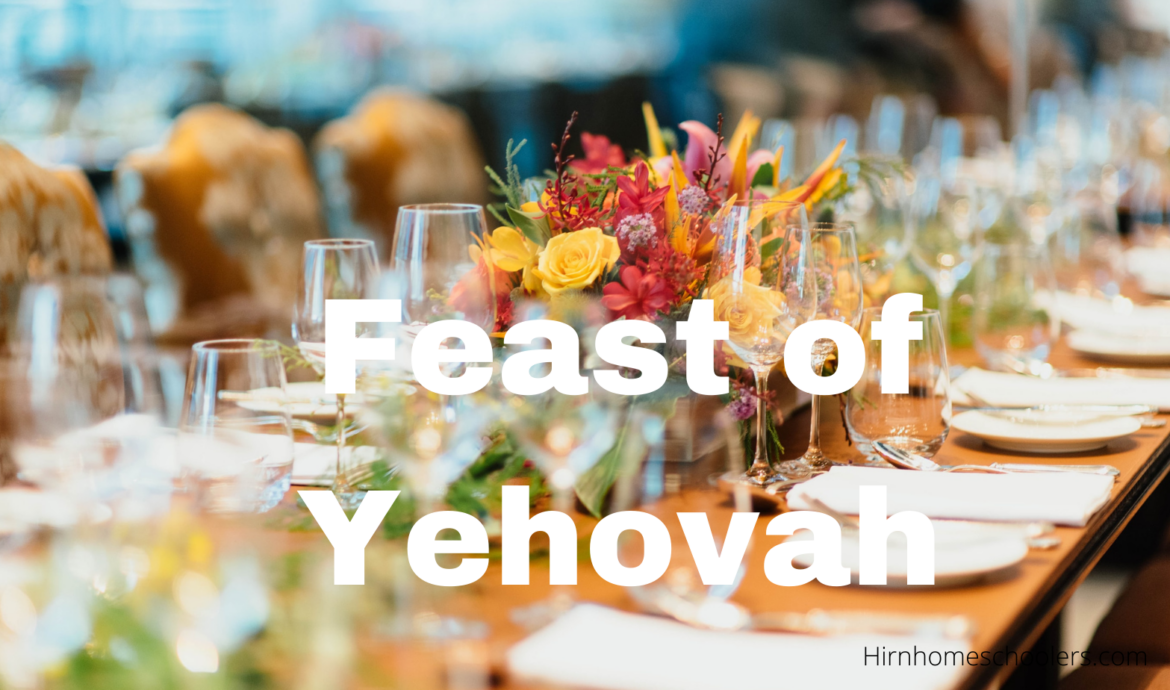
Why do you celebrate Jewish holidays instead of Christian ones? Part 2
Family . Holidays . Torah/Bible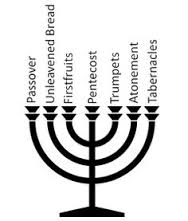
In my last post, I wrote about my friends asking me why I celebrate Jewish holidays and not Christian ones. I told how we choose to celebrate the commanded holidays, and that we also observe other special days.
So what are the holidays we do celebrate? Holiday means “Holy Day.” So we celebrate the Holy Days that are outlined in God’s Word. These days are easily found in the book of Leviticus chapter 23. They are found all throughout scripture, even in the new testament. But, for the sake of simplicity, I will use Leviticus 23 to answer the question of why we celebrate, what many think are Jewish feasts.
To make it easy, I have cut and pasted this passage of scripture exactly as it is written on Bible gateway. I am going to insert my comments in red.
Leviticus 23
Sabbath
The Lord spoke to Moses, saying, 2 “Speak to the people of Israel and say to them, These are the appointed feasts of the Lord that you shall proclaim as holy convocations; they are my appointed feasts.
I want to make two points here: First, God tells Moses to speak to the people of Israel. Who are the people of Israel? We are, anyone who calls on the name of the LORD (Yehovah) is a part of the people of Israel. Grafted in, adopted in, a member of the family of God.
Read Romans 11 here. Second, the appointed feasts are the Lord’s feasts, not the Jews nor even Israel’s. They are His appointed feasts.
3 “Six days shall work be done, but on the seventh day is a Sabbath of solemn rest, a holy convocation. You shall do no work. It is a Sabbath to the Lord in all your dwelling places.
The first feast to the Lord is the weekly Sabbath. We are to work six days and then rest on the seventh. The word Sabbath means rest. In Hebrew the days are called Day One, Day Two, Day Three and so on, except for the seventh day God named Sabbath.
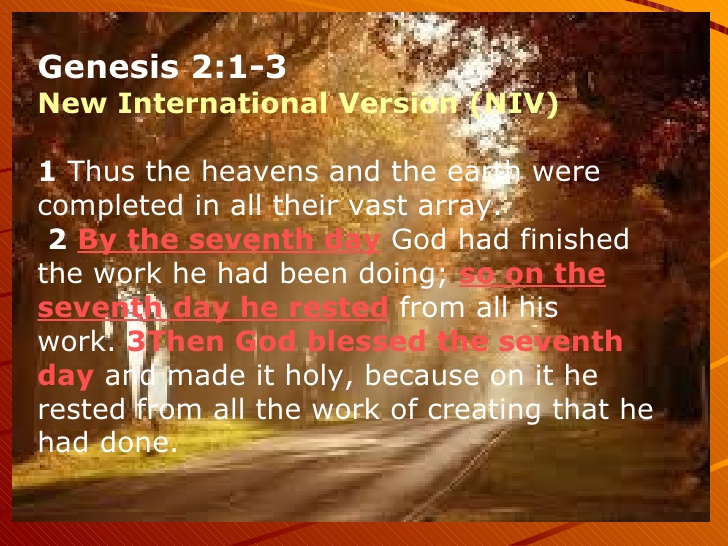
Passover
4 “These are the appointed feasts of the Lord, the holy convocations, which you shall proclaim at the time appointed for them. 5 In the first month, on the fourteenth day of the month at twilight,[a] is the Lord‘s Passover. 6 And on the fifteenth day of the same month is the Feast of Unleavened Bread to the Lord; for seven days you shall eat unleavened bread. 7 On the first day you shall have a holy convocation; you shall not do any ordinary work. 8 But you shall present a food offering to the Lord for seven days. On the seventh day is a holy convocation; you shall not do any ordinary work.
The Spring feasts of the Lord are a time of remembering God’s deliverance of His people from Egypt. It is the first feast of the Biblical year. Since the Biblical year is counted by the sighting of the barley in Jerusalem and the sighting of the renewed moon, it can be different from year to year, but most often it lines up with Messiah’s death and resurrection. During this week long celebration, there are two extra Sabbath (days of rest) at the beginning and the end of the week. If you would like to learn more about how this lined up the year of Christ death here is a link. Of course, we can not keep these feasts in Jerusalem like they did at the time of these commands , but we can still observe them as a shadow or reminder of Yehovah’s deliverance then and now. So for our family we choose to observe them in our dwelling (our home).
The Feast of First fruits
9 And the Lord spoke to Moses, saying, 10 “Speak to the people of Israel and say to them, When you come into the land that I give you and reap its harvest, you shall bring the sheaf of the first fruits of your harvest to the priest, 11 and he shall wave the sheaf before the Lord, so that you may be accepted. On the day after the Sabbath the priest shall wave it. 12 And on the day when you wave the sheaf, you shall offer a male lamb a year old without blemish as a burnt offering to the Lord. 13 And the grain offering with it shall be two tenths of an ephah of fine flour mixed with oil, a food offering to the Lord with a pleasing aroma, and the drink offering with it shall be of wine, a fourth of a hin. 14 And you shall eat neither bread nor grain parched or fresh until this same day, until you have brought the offering of your God: it is a statute forever throughout your generations in all your dwellings.
First fruits is one of my favorite appointed days because it was a picture of Christ resurrection and he fulfilled it. It is always on the first Sunday after Passover, this almost always is the same day that the Catholic calendar places their Resurrection Celebration (easter). One thing to note about this feast, is that it is a forever statute, which means it will be a celebration for all eternity too. So why not practice celebrating it now. Of course, we can not offer a sacrifice at the temple now, so instead we celebrate with gifts to the poor and a special time together with others.
The Feast of Weeks
15 “You shall count seven full weeks from the day after the Sabbath, from the day that you brought the sheaf of the wave offering. 16 You shall count fifty days to the day after the seventh Sabbath. Then you shall present a grain offering of new grain to the Lord. 17 You shall bring from your dwelling places two loaves of bread to be waved, made of two tenths of an ephah. They shall be of fine flour, and they shall be baked with leaven, as first fruits to the Lord. 18 And you shall present with the bread seven lambs a year old without blemish, and one bull from the herd and two rams. They shall be a burnt offering to the Lord, with their grain offering and their drink offerings, a food offering with a pleasing aroma to the Lord. 19 And you shall offer one male goat for a sin offering, and two male lambs a year old as a sacrifice of peace offerings. 20 And the priest shall wave them with the bread of the first fruits as a wave offering before the Lord, with the two lambs. They shall be holy to the Lord for the priest. 21 And you shall make a proclamation on the same day. You shall hold a holy convocation. You shall not do any ordinary work. It is a statute forever in all your dwelling places throughout your generations.
22 “And when you reap the harvest of your land, you shall not reap your field right up to its edge, nor shall you gather the gleanings after your harvest. You shall leave them for the poor and for the sojourner: I am the Lord your God.”
This feast is also called Pentecost. If you count out the days from First fruits as ordered above, it is fifty days. That fiftieth day, the disciples were keeping this feast day and the Holy Spirit came down in their presence. You can read the story here in Acts 2. This is another forever feast, so we want to be well practiced for when we all celebrate it in eternity with the Lord.
The Feast of Trumpets
23 And the Lord spoke to Moses, saying, 24 “Speak to the people of Israel, saying, In the seventh month, on the first day of the month, you shall observe a day of solemn rest, a memorial proclaimed with blast of trumpets, a holy convocation. 25 You shall not do any ordinary work, and you shall present a food offering to the Lord.”
Now the fall feasts begin with the feast of Trumpets, this feast usually falls in September or October, again depending on the Biblical calendar which goes by the sighting of the moon. This is a one day feast. It involves trumpet blasts and rest, and getting together with others to celebrate the Lord’s goodness and promises to come. It also involves food sacrifices. OF course, we do not sacrifice in our back yard. But what we learned about sacrifices is that the food was eaten by the people. Yep, it wasn’t always burnt up. The people actually ate it. So feasts to the Lord almost always involve yummy food.
The Day of Atonement
26 And the Lord spoke to Moses, saying, 27 “Now on the tenth day of this seventh month is the Day of Atonement. It shall be for you a time of holy convocation, and you shall afflict yourselves and present a food offering to the Lord. 28 And you shall not do any work on that very day, for it is a Day of Atonement, to make atonement for you before the Lord your God. 29 For whoever is not afflicted on that very day shall be cut off from his people. 30 And whoever does any work on that very day, that person I will destroy from among his people. 31 You shall not do any work. It is a statute forever throughout your generations in all your dwelling places. 32 It shall be to you a Sabbath of solemn rest, and you shall afflict yourselves. On the ninth day of the month beginning at evening, from evening to evening shall you keep your Sabbath.”
The day of Atonement is the one Holy day that is not about eating. NO this is a very different kind of day all together. It is a day for God’s people to humble themselves and rest. Most people actual fast on this day. This is a way to remind ourselves of all our sin, and that through the Messiah only are we atoned.
The Feast of Booths
33 And the Lord spoke to Moses, saying, 34 “Speak to the people of Israel, saying, On the fifteenth day of this seventh month and for seven days is the Feast of Booths to the Lord. 35 On the first day shall be a holy convocation; you shall not do any ordinary work. 36 For seven days you shall present food offerings to the Lord. On the eighth day you shall hold a holy convocation and present a food offering to the Lord. It is a solemn assembly; you shall not do any ordinary work.
37 “These are the appointed feasts of the Lord, which you shall proclaim as times of holy convocation, for presenting to the Lord food offerings, burnt offerings and grain offerings, sacrifices and drink offerings, each on its proper day, 38 besides the Lord‘s Sabbaths and besides your gifts and besides all your vow offerings and besides all your freewill offerings, which you give to the Lord.
39 “On the fifteenth day of the seventh month, when you have gathered in the produce of the land, you shall celebrate the feast of the Lord seven days. On the first day shall be a solemn rest, and on the eighth day shall be a solemn rest. 40 And you shall take on the first day the fruit of splendid trees, branches of palm trees and boughs of leafy trees and willows of the brook, and you shall rejoice before the Lord your God seven days. 41 You shall celebrate it as a feast to the Lord for seven days in the year. It is a statute forever throughout your generations; you shall celebrate it in the seventh month. 42 You shall dwell in booths for seven days. All native Israelites shall dwell in booths, 43 that your generations may know that I made the people of Israel dwell in booths when I brought them out of the land of Egypt: I am the Lord your God.”
44 Thus Moses declared to the people of Israel the appointed feasts of the Lord.
The final fall feast is the big one. It is a huge celebration. It is a picture of Christ return for His bride and a wedding feast. During this feast you put up a booth (or tent). You party and celebrate with friends and family for a week in your tents. You give good gifts and give to the poor.
As our family read through the scriptures of Leviticus 23 in our studies, we came to realize these feasts were so much more than just something for the Israelites in the dessert thousands of years ago. They were pictures of Yehovah’s love for us, and his promises to us. He gave them to all His people as a continued way of reminding us to draw near to him. He knew if He did not command us to rest and reflect in Him we would get too busy and forget Him and His ways. So, now we choose to celebrate these forever feasts and practice for when our Messiah returns to reign as King.
Related Posts:
Written by Katie
1 comment
Things to know as you visit our site
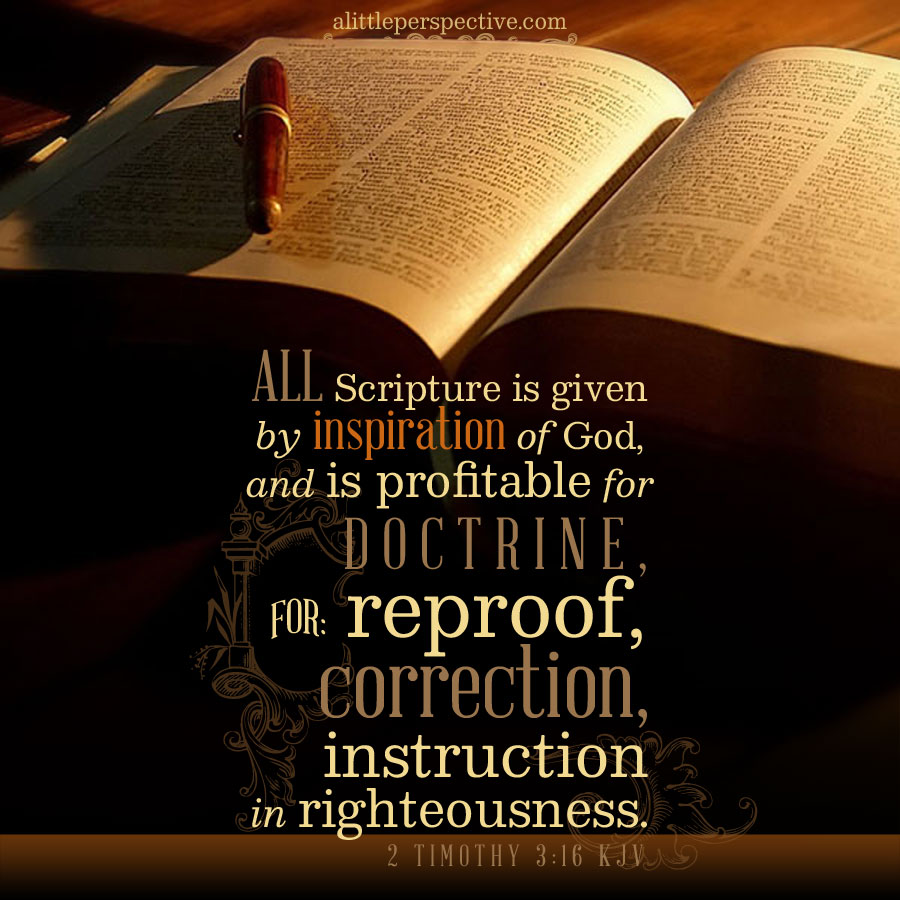 We are Bible believing, scripture only people. We love to learn about the Hebrew roots of our faith. We believe it is important to not add or subtract from the Divine Word of God. The compiled scriptures that agree with one another and have no contradiction is the 66 books of what is commonly referred to as the Christian Bible, or the Holy Bible.
We are Bible believing, scripture only people. We love to learn about the Hebrew roots of our faith. We believe it is important to not add or subtract from the Divine Word of God. The compiled scriptures that agree with one another and have no contradiction is the 66 books of what is commonly referred to as the Christian Bible, or the Holy Bible.
These writings were originally written by men inspired by God. They were written in the language of the writers and readers of the original documents. Many of the original documents have been lost, but God’s Word is eternal and remains. Therefore, it is important to us to study, learn, and consider the culture, history, and language of the original writers of the scriptures.
In our studies we have learned that the true name of God is Yehovah, and His son, our Messiah, is named Yeshua. Therefore, as you read our posts we will use the Hebrew names of God and our Messiah.
Popular Posts
- Whole Bible Believer, Torah Observant Christian
- Parenting an Adult Child that is Disrespectful and…
- Thinking on Sign on the Hand, Symbol on the Forehead
- Homeschooling Torah (my official review of the best…
- Copying the Bible (FREE Homeschool Copywork guide printable)
- What was Job’s sin? Why did God let Job suffer…
- Demons, devils, spiritual beings, real or not real???
- Christmas, a Biblical Perspective
- Fall Feast dates 2023!!! It’s Coming!!!!
- A Biblical Fast, No food No Water, Did you Know?
Categories
- 40 days of Prayers for my Husband
- Adoption
- All about Animals
- Baking
- Bible Reading Challenge
- Biblical Living
- Biblical Marriage
- Birth Stories
- Carman Family Life
- Carman Farming
- CEF (child evangelism fellowship)
- Color Thru the Bible
- Copy Work
- Danger of Homeschooling Series
- Day in the Life of a Big Family
- Dyslexic perspective
- Fall Feasts
- Family
- Family Rule Book
- For My Children
- God's Calendar and Biblical Feasts
- Gospel of Yeshua Messiah series
- Holidays
- Home Discipleship
- Home Schooling
- Homemaker
- Journey series
- Journey to Redemption
- Katie, the Cleaning Lady
- Katie's Ramblings
- Kid Posts
- Mental Health
- Name Series
- Organization (Hirn Helpers)
- Parenting
- Popular Posts
- Prayer Challenge
- Prayer Challenge for the Children
- Praying the Fruit of the Spirit
- Rachel's Writings
- Sabbath
- Spiritual Warfare
- Spring Feasts
- Ten Days of Prayer Challenge
- Torah Talk
- Torah/Bible
- Tyler's garden
- Tyler's Tidbits
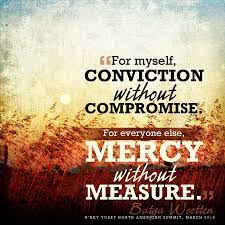
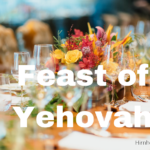
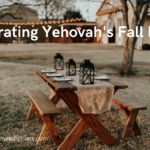


Leave a Reply